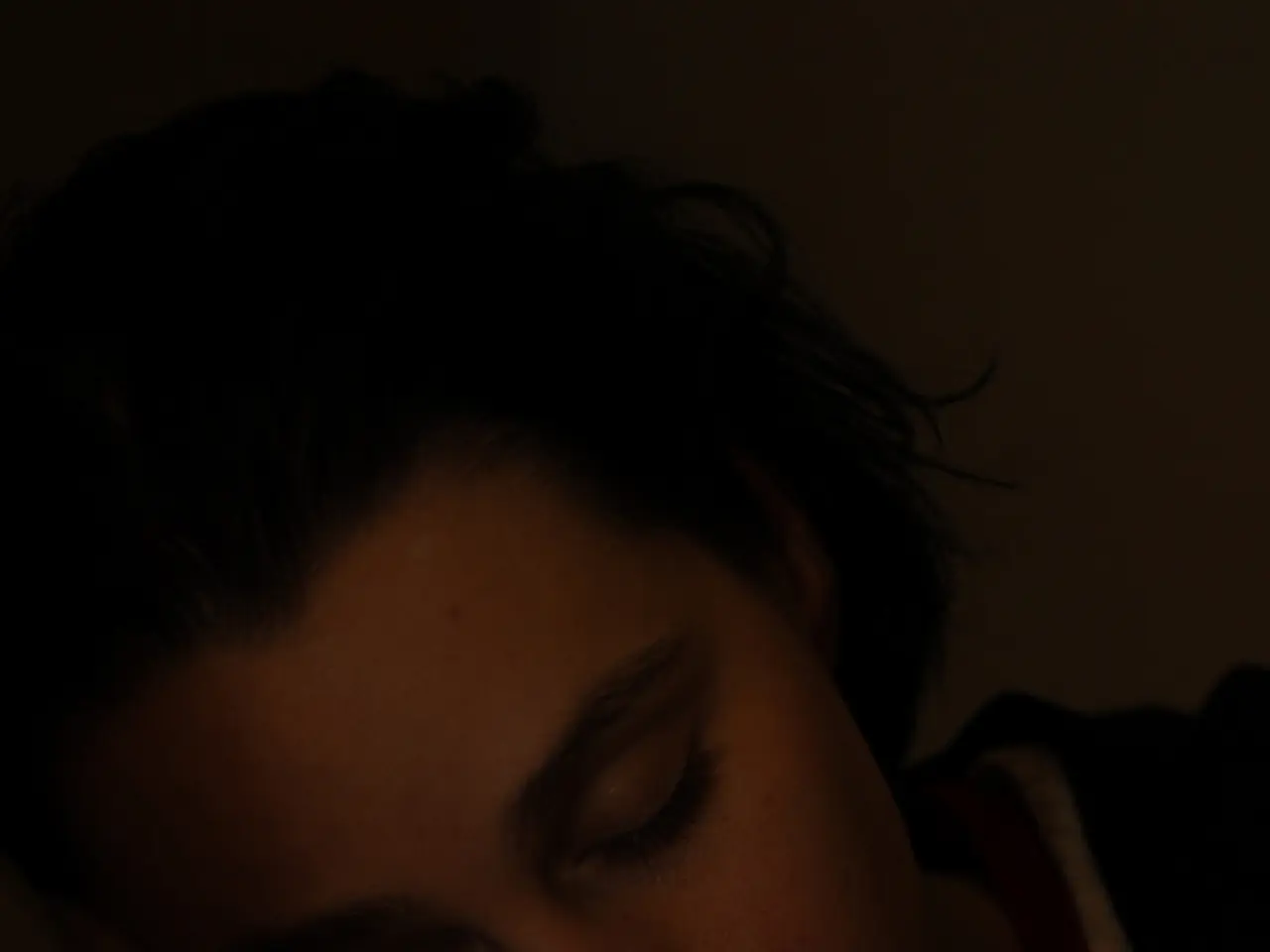Prioritizing restful sleep during vacation is not a misconception, it's essential for overall well-being
In an effort to help travellers maintain good sleep health during their vacations, Vânia Caldeira, a pneumologist from the Société de Pneumologie de Langue Française (SPP), has provided valuable advice on improving sleep hygiene to prevent or reduce the risk of Obstructive Sleep Apnea Syndrome (OSAS) and ensure a good night's sleep.
Though the SPP has not explicitly released guidelines specific to vacations, their recommendations for general sleep hygiene are particularly relevant. Here are some key principles to follow:
- Maintain a Consistent Sleep Schedule: Stick to regular bedtimes and wake-up times, even during your holidays, to support your internal clock and enhance sleep quality.
- Create a Comfortable Sleep Environment: Aim for a dark, quiet, and cool (around 68–72°F) bedroom, using appropriate bedding and minimizing noise and light disruptions. This is essential for good quality sleep and may help reduce apnea events.
- Follow a Relaxing Pre-Bedtime Routine: Establishing a calming routine before bedtime can help signal to your body that it's time to sleep and reduce stress, which can worsen breathing problems during sleep.
- Avoid Substances That Interfere With Sleep: Steer clear of caffeine, nicotine, and alcohol close to bedtime, as they can worsen sleep apnea symptoms and disrupt sleep architecture.
- Manage Stress and Limit Technology Use Before Bed: Reducing sleep disturbances and optimizing sleep quality, especially during less structured vacation periods, is crucial.
- In Case of Sleeping in Unusual Environments: Take steps to reduce light and noise and recline seats comfortably to promote better sleep quality and reduce the risk of fragmented sleep associated with apnea.
For those with diagnosed sleep apnea or those at risk, it's essential to:
- Continue using prescribed treatments such as CPAP devices during travel.
- Avoid significant weight gain or dietary changes that might exacerbate apnea.
- Consult a sleep specialist before extended travel or lifestyle changes.
It's important to note that recognizing drowsiness and interrupting the trip is more crucial than these habits. Habits like increasing radio volume, wetting one's face, or opening the car window have no proven effectiveness in combating drowsiness. Sleeping medication is considered a "shortcut" that may not be the best solution, and seeking help to understand the causes of drowsiness is always advised.
The Portuguese Society of Pneumology (SPP) warns about OSAS, a condition characterized by the occurrence of breathing stops during sleep, which is the most frequent reason for drowsiness in the population. By following these sleep hygiene tips, you can help ensure a restful vacation and avoid triggering or worsening OSAS.
To support good sleep health during vacations and potentially prevent Obstructive Sleep Apnea Syndrome (OSAS), consider adopting sleep hygiene practices that promote a comfortable sleep environment, a consistent sleep schedule, and a relaxing pre-bedtime routine. Additionally, it's imperative for individuals with diagnosed sleep apnea or at risk to continue using prescribed treatments, manage stress levels, and consult a sleep specialist prior to extended travel or lifestyle changes.




